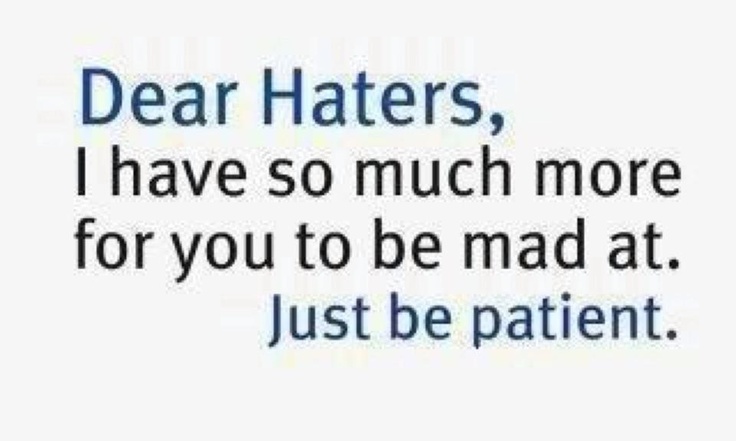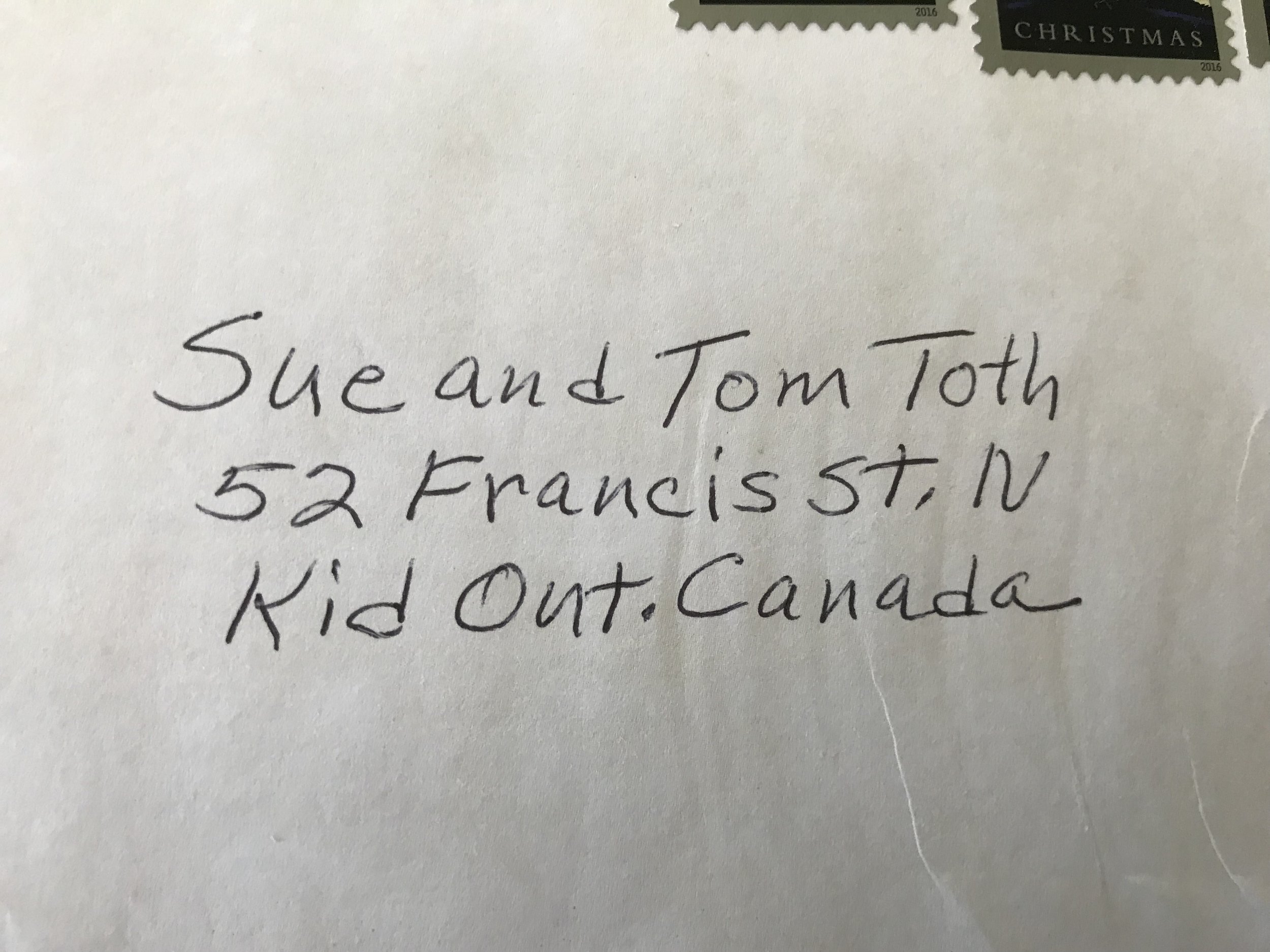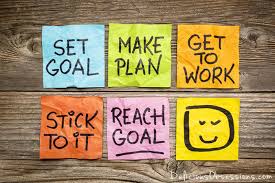I was a coward. I'm filled with regret.
/Standing in line at a Moth StorySLAM in New York earlier this week, I found myself sandwiched between two young couples.
The woman in front of me was listening to headphones when her male companion arrived. After a bit of chit chat, she said, "I found this new band that I totally love. I think you'll love them, too."
She removed her headphones, and as she passed them over, she quickly added, "But you might hate them, too, which is fine. I just started listening to them."
My thought: C'mon, woman! Own your passion! Confidence is attractive! Confidence is sexy! Waffling sucks!
I said nothing, of course. But had she been my friend, I would've called her later that night to offer her some advice, but this was a stranger, living her life.
Who was I to interject?
As this musical transfer began, I heard the young woman behind me say, "It's a little weird, but he's a lot older than me, so I think it's fine. I think of him like a father figure instead of a boss."
"What does he do?" her male companion asked, sounding confused.
"Rubs my shoulders," she said. "You know. Like a massage. That's fine. Right?"
My thought: Tell her it's bad! Tell her it's wrong! Tell her to make it stop!
The man said, "I don't know. I guess it's okay, if you're okay with it."
No!
I wanted to interject so badly. I wanted to say something. I wanted to fix this.
But I didn't. Again, these were strangers. It would've been odd for me to intrude on them. Contradict this man's opinion. Insert myself into a private conversation. Tell an adult how to live her life.
Except this time was different. The stakes were higher. If her male companion was unwilling to speak the truth (or was too stupid to know the truth), I should've spoken up. I should've said something.
What was the risk?
An angry retort? A few minutes of social awkwardness? An embarrassing encounter?
It would've been a small price to pay to tell a young woman who is clearly being sexually harassed by her older, male boss that she has a right not to be touched in the workplace and offer my support.
Especially now. In today's world. With all that we have recently learned.
I've been regretting my silence ever since. I suspect that I will always regret it.
I hope she finds someone with more courage than me who can help her.



















